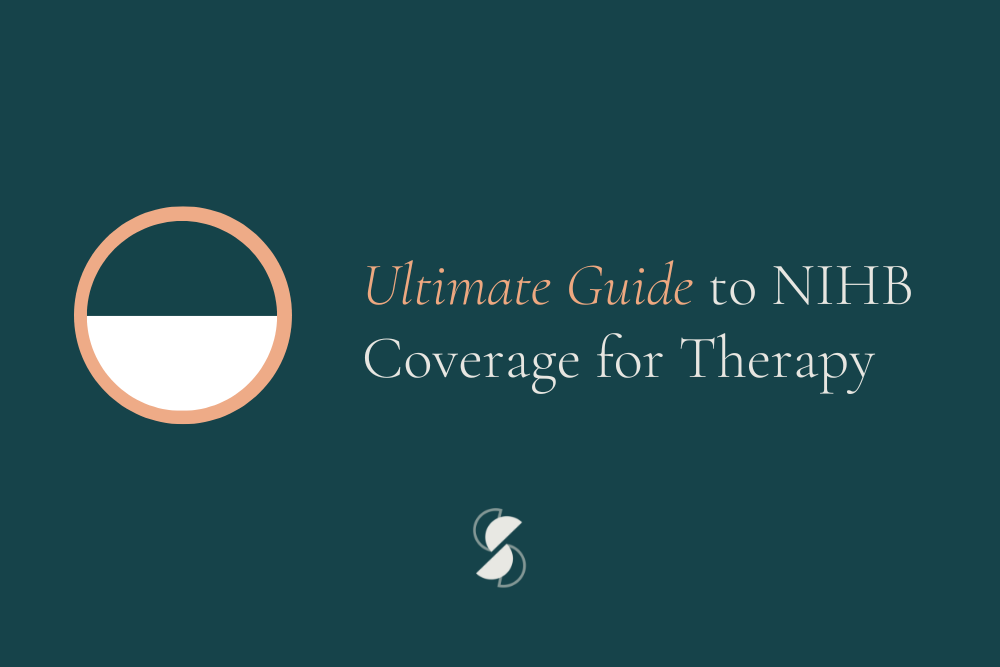Breathe In, Stress Out: Coping Skills for Anxious Individuals

Strategies for Managing Anxiety
Understanding Anxiety: A Brief Overview
Imagine, for a moment, standing on the precipice of a vertigo-inducing cliff. Your heart's a flurry - quick palpitations echoing in your chest, your hands turn clammy, and despite the absence of any immediate threat, your body is stuck on an invisible 'red alert'. This is, for many, the taste of anxiety. A chronic sense of unease, heightened nervousness, constant fear – a bombardment of emotions invading your normal life rhythm.
However, it’s crucial to recognise that everyone can feel anxious from time to time. It's our natural response to situations we perceive as threatening. Like an alarm system, it's there to protect us, to keep us vigilant and prompt us into action when we need to respond to or escape danger. But for those suffering from an anxiety disorder, the alarm tends to go off a bit too often - sometimes, without any apparent trigger. This repeated activation can eventually morph into a persistent state of 'flight or fight', making it hard for individuals to lead a peaceful everyday life.
Anxiety's like a rocking chair. It gives you something to do, but it doesn't get you very far.
- Jodi Picoult
Coping Skills to Ease Anxiety
- Practice mindfulness: You’ve probably heard this term before and it may or may not sound appealing to you. But studies show us that practice mindfulness can reduce feelings of anxiety. Try using an app or guided meditation if you’re new to this practice.
- Use breathwork: Breathwork is the concept that we use our breathing to help regulate our nervous system which can produce a calming effect for our mind and body. You can practice this through a grounding techniques such as equal breathing (e.g. inhale long deep breaths for 4 and exhale for 4).
- Disconnect: Taking time to be fully present means that we put down our cell phones, turn off the TV and get quiet. When was the last time you were still and silent with yourself? It’s more challenging than you think. Acknowledge and notice your distractions and take the time to disconnect from them.
- Challenge your worries: Notice when your mind goes off into those thoughts or scenarios that may or may not happen in our lives? Those assumptions and prediction thoughts can often create more worry about things we do not have control over and could not possibly predict happening to us. Look at your thoughts and notice when they’re begun to run wild. Pause and reflect here to ask yourself: is this real or is this just a worry or anxious thought I am creating right now? Does this thought serve me, is it bringing me more peace or am I making things more difficult by engaging with these thoughts? Notice how your thoughts make your body feel - what emotion do these thoughts create? Once you’ve done this, see if you can let that go. Move on from the thought and remind yourself that you’re grounded in being fully present, not anxious thoughts, predictions or assumptions.
- Talking to your therapist/a therapist: Working with a trusted professional that can create space for you to process your worries and challenge you to develop new coping strategies and thought patterns can help to tackle that anxiety. You’re not alone in your anxiety.
There you have it! Whether it's practicing mindfulness, utilizing breathwork, disconnecting from the digital world, challenging your worries, or seeking help from a professional, you've got a variety of strategies to mitigate your anxiety. Remember, it's absolutely okay to have ups and downs. Dealing with anxiety isn't a sprint, it's a marathon and every step you take towards managing it counts. Keep exploring the methods that work best for you and never hesitate to reach out for help. Your journey matters and you’re stronger than you think. Take a deep breath, shake off the worry, and see how far you can go. You’ve got this!
This article was written by Rachel Costa during their time at Shift Collab.










.gif)







![Why You Need to Unfollow [@YourEx]](https://cdn.prod.website-files.com/625ec823c07cd8de32e1bae2/65c54e80b98a7d97ee026776_20240206T0910-707e5b7e-9802-42a3-8070-ba67b8dc33fd.jpeg)






![Summer Lovin' [not] Havin' a Blast](https://cdn.prod.website-files.com/625ec823c07cd8de32e1bae2/65c54e4341e7246ed4b3cbff_20240206T0910-fd1563e4-34d1-49e6-af59-9b95c717196a.jpeg)















































































